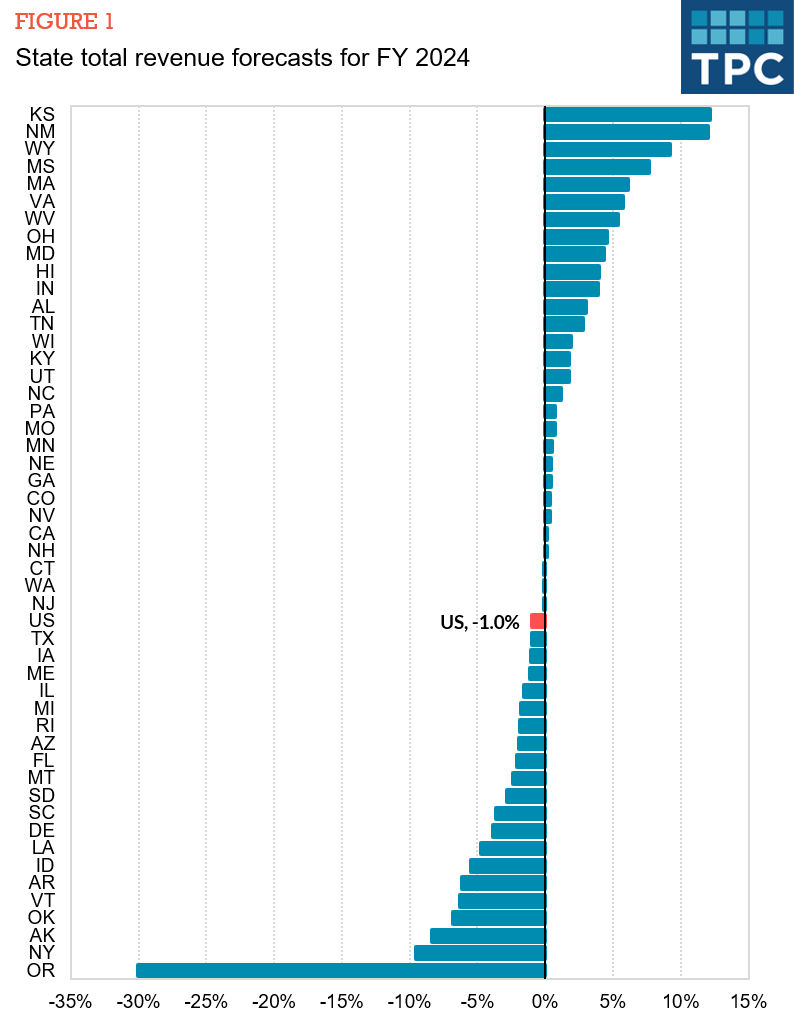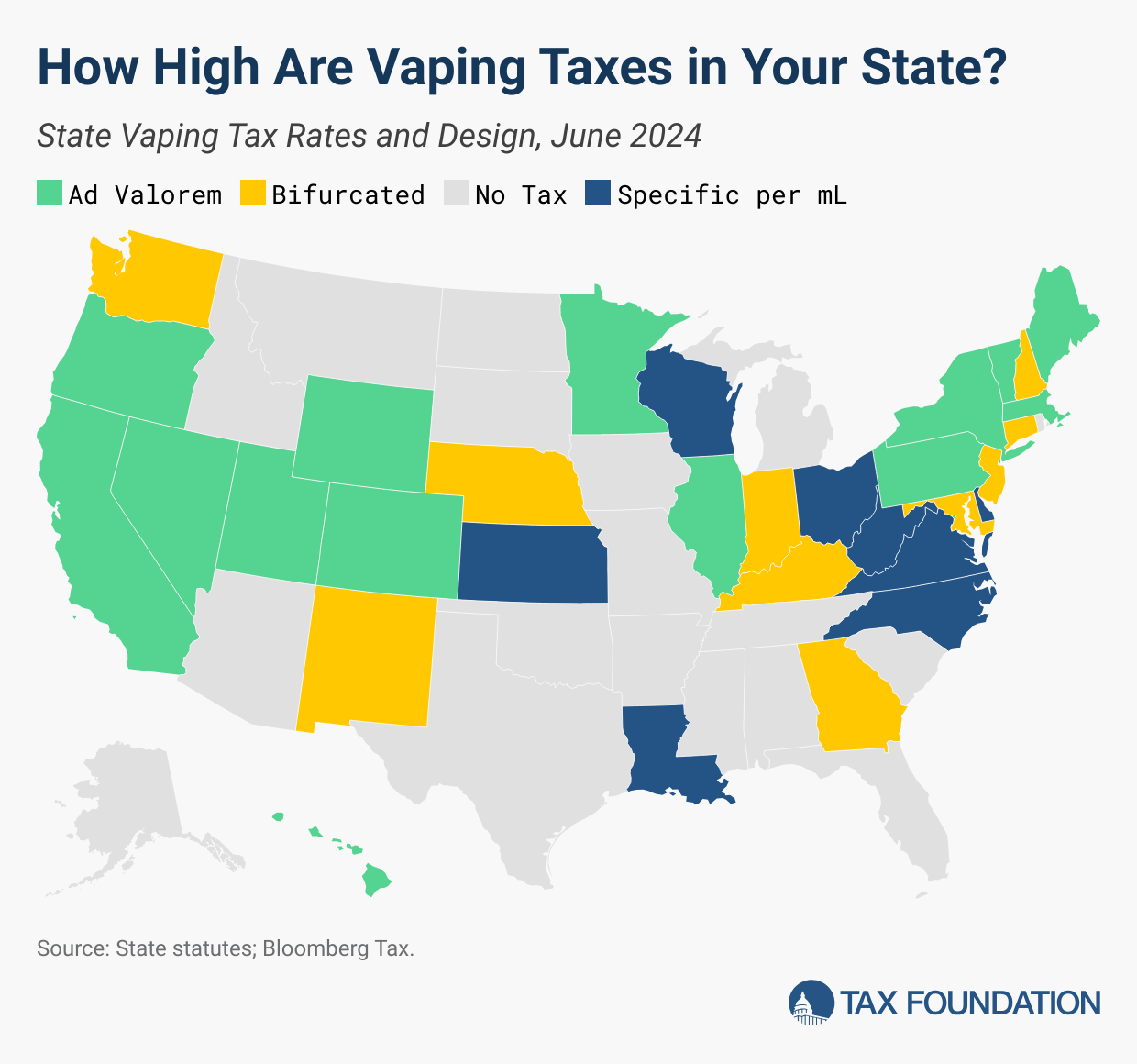What tax forms do I need to file my business taxes?
Updated for tax year 2024.
Starting a new business and keeping it going through its first year is an impressive accomplishment! The IRS will require you to use different forms and paperwork when you file your federal income tax returns for your business. This is based on the type of business entity you have and how it’s organized. Here’s how you’ll e-file your federal tax return, based on your business structure.
Sole proprietor
If you decided to keep it simple and structure your business as a sole proprietorship, you’re in luck. For a sole proprietor, the paperwork and tax filing requirements will be much easier than for other types of businesses. As a sole owner, you are your business. Schedule C is where you can report your business income and expenses. It’s filed with your personal tax return (Form 1041). You and your Schedule C business are the same, so you don’t have to worry about the net worth of your business from year to year. You also don’t have to worry about the net worth of your Schedule C business from year to year because you and the business are the same.
If you have more than one business, report each business activity on a separate Schedule C. If you have a farm that you run as a sole proprietor, file Schedule F with your 1040 individual income tax return.
C corporation
If you’ve incorporated as a C corporation (C corp), you will file Form 1120 for your corporation income tax return. Form 1120 has more questions and requires balance sheet information at the beginning and the end of the tax year. The corporation will report any dividends, or other tax information, that you are entitled to on the Form 1099. Dividends and other returns are taxed by their shareholders. This is called double taxation because the same income is taxed twice.
Partnership
If your business is structured as a partnership, you will use Form 1065 to file your return. A partnership does not pay taxes, unlike a corporation. Instead, it passes net income, income tax credits, and other tax items through to each of the partners — those people who have a beneficial interest in the business.
Each partner receives a Schedule K-1 that reports their share of items to report on their tax return. Schedule K-1 is a report of the partnership tax items. You can use this Schedule K-1 to report partnership tax items in Schedule E, Part II of your Form 1040. Like a corporation, an S corp sells shares but the income passes directly through to its shareholders.
S corp profits and losses are reported on Form 1120-S. The shareholders report their income and losses on their personal tax return, using their own individual tax rates. This enables the S corp to avoid double taxation on its income.
Nonprofit organization
Nonprofit organizations — such as ministries, charities, and many educational organizations — file Form 990 to report information including income, expenses, and balance sheet information. If you run a nonprofit organization, you must also provide information about its officers and sources of funding.
If your nonprofit organization pays you — for example, if you are an employee of your nonprofit organization — you’ll receive a Form W-2 or another similar form so you can report earnings on your individual income tax return.
Limited liability company (LLC)
If your business is organized as a limited liability company and you own 100% of it, you can still file Schedule C with your individual income tax return, just as you would with a sole proprietorship. You have more options with a multimember LLC. If you filed for a business extension, the following due dates apply:
Due Sept. 15:
Form 1120 (C corps, LLCs taxed as C corps)
Form 1065 (partner Alternatively, you can file as a partnership, using Form 1065.
What are the deadlines for filing my business taxes?
Due March 15:
Form 1120-S (S corps, LLCs taxed as S corps)
Form 1065 (partnerships, LLCs taxed as partnerships)
- Due April 15
- :
Form 1120 (C corps, LLCs taxed as C corps)Form 1040 Schedule C (sole proprietors)
- If you filed for a business extension, the following due dates apply:
- Due Sept. 15:
Form 1120-S (S corps, LLCs taxed as S corps)
Form 1065 (partnerships, LLCs taxed as partnerships)
- Due April 15
- :
Form 1120 (C corps, LLCs taxed as C corps)Form 1040 Schedule C (sole proprietors)
- Note:
- If any of the above dates fall on a weekend or federal holiday, the payment deadline falls on the next business day instead.
The bottom lineUnderstanding your tax filing obligations as a small business owner and taxpayer can help your business stay compliant and avoid unnecessary penalties. It’s important to know what forms to file, and when. With the right preparation and understanding of your business structure — and a little help from TaxAct(r) — you’ll have this year’s business taxes done in no time.
This article is for informational purposes only and not legal or financial advice.
All TaxAct offers, products and services are subject to






